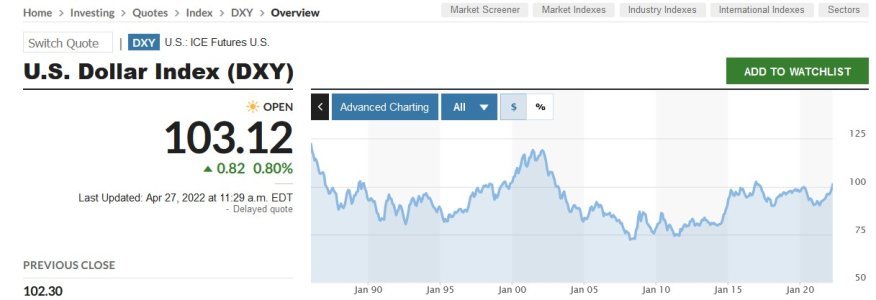dragulagu
Galactic Explorer
- MBTI
- INTJ
- Enneagram
- 549
Nothing wrong with a bit of (financial) idealism. Just be sure to also invest in other options than crypto.But I am young and irresponsibly long on Bitcoin (I didn't take any debt though)
It feels good to truly believe in something.
Indeed, diversify and always only use financial assets you can afford to lose. Financial security is most important.I wouldn't advise someone putting all their pension money into any single investment as they get older though, or all their savings if they have family commitments. Never invest what you aren't prepared to possibly lose is a good maxim.
That's one of the negative outcomes that is currently trending. There are already situations going on now with pensioners having financial issues with maintaining their cost of living with their monthly financial income, with fast rise of cost of living. Or families not being able to afford the financial costs of maintaining their elders in home along with their own families.I think the second of these is more likely. I think we'll see wages starting to rise to the same degree as inflation and it'll spiral for a few years until the commodity price / demand equation stabilises and the central banks take coordinated action to raise interest rates and choke it off. The folks who'll be hit hardest are those on fixed incomes - pensioners and annuity holders. We'll see a lot more older folks on poverty level incomes, but living in increasingly valuable properties that they can no longer afford to run.
I do not completely follow the reasoning here. You mean in the sense of the and gas and grain resources?The fly in the ointment is what's happening in Russia and Ukraine. These countries have considerable control of key commodities that we need, and the Russians could weaponize these with unpredictable consequences.
There are a lot of alt coins that are either a scam or a waste of resources (like the safemoon coin in that example), and a lot of those also drive on the hope of people to get rich in some (in)sensible way.Crypto people are hilarious.
Not a flavor of kool-aid I'll be drinking any time soon though.
However, there are also enough crypto coin projects that do have their usefulness written in their specific use cases. Those are mostly the coins that are on the top 50 or so in the global ranking of crypto: https://coinmarketcap.com. Solid cases of investing. Even NFT's (which I absolutely detest) that are hyped up these days have use cases. In any case, crypto will always be a high risk/reward case and it's a financial Wild West situation even with the major exceptions of Bitcoin and Ethereum, the main trendlines of crypto.
Bitcoin's time, technologically speaking, is long past though. I'd put my eggs in the Ethereum basket.Bitcoin's innovation is real. Those are the words of Gary Gensler, current chair of SEC. He lectured on blockchain technology at MIT before that.
I see so many WEF and Schwab mentions online, I really wonder if this is actual like it is as it is portrayed or if its now used as a the boogeyman of the current world (the global elite organising everything behind scenes etc.). From that video, I understand that they want to create digital currency using blockchain, their own way of digital regulated currencies. That's not crypto. That's just using the technology behind crypto without the incentive of crypto. Controlled digital currency.The weirdo's are into crypto now
The predecessor (?) of the WEF is/was the Bilderberg meetings, where they discussed the same kind of power moves for the world between the wealthy and powerful, so it's nothing new https://bilderbergmeetings.org/index.html. But these were always behind closed doors. It's just strange to me that they are so open about it, through their forum and presentations.
https://bilderbergmeetings.org/index.html

